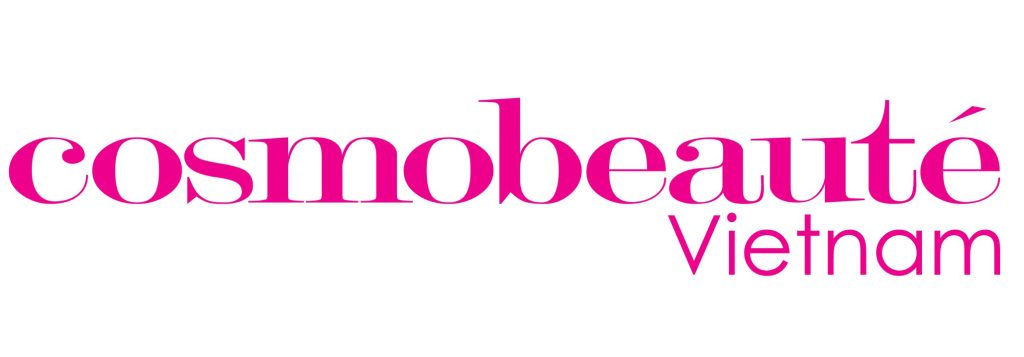Despite impressive reported figures, domestic cosmetics brands in China still face numerous challenges in achieving sustainable growth.
Like many Asian countries, the majority of the beauty market in China is dominated by foreign brands. However, in recent years, there has been a rise of domestic brands known as “Guo Huo,” fueled by the power of e-commerce platforms and social media, especially since the COVID-19 pandemic (according to market research by Euromonitor International).
The rise of domestic brands
Statistics from Euromonitor show that among the top 20 skincare and cosmetics brands in China, the market share of domestic brands doubled from 14% to 28% during the period of 2017-2022. In the previous year, when the industry as a whole experienced a significant decline in revenue after several years of continuous growth, domestic brands only saw a relatively minor decrease.
One important factor contributing to this growth is the preference of users for digital platforms. In 2022, e-commerce accounted for 42% of the beauty and personal care industry. A significant portion of the sales of Chinese brands comes from online channels and livestreaming (using real and virtual influencers).
Furthermore, while domestic brands in China used to face challenges such as short product lifecycles, competition from international brands, and being perceived as “cheap” or “dupes,” now international giants are trying to attract domestic consumers to avoid losing market share. Instead of direct competition, they are collaborating through messages of national pride or street culture to establish a safer approach and gain the favor of local consumers. For example, Shiseido and To Summer launched fragrances and scent diffusers to penetrate the domestic perfume market. After the collaboration with Shushu/Tong in April, Estée Lauder continued its partnership with the renowned Chinese designer Feng Chen Wang, designing packaging for makeup products, which achieved 19 million views and 1 million organic posts with the hashtag #EstéeLauderxFengChenWang# on Weibo. Last year, L’Oréal also invested in the premium fragrance house Documents and the Shanghai Meicifang fund to increase its presence in niche markets where domestic brands have an advantage. Sephora is also expanding its market share with over 200 stores as of June 2023, as well as utilizing domestic media platforms such as WeChat and Douyin, and collaborating with JD.com to realize its ambition of leading the beauty market in mainland China.
Estée Lauder’s product line collaborates with designer Feng Chen Wang.
Over the past five years, we have witnessed the strong rise of Chinese brands in this 2 billion-dollar market. Many beauty companies such as Jala and Proya have experienced significant growth. During this year’s 618 shopping festival, the Proya brand and Timage, a subsidiary of Proya Cosmetics, achieved revenue growth rates of 73% and 138% respectively. Timage even made it into the top 10 highest-earning cosmetics brands on Tmall. On the first day of 618, Tmall recorded a total revenue of over 37,000 Chinese brands on the platform, with at least a 100% YoY increase (according to iwshang.com). These brands are also investing in improving the ingredients and formulas of their products to gain a competitive advantage. In 2020, Alibaba launched a domestic product development plan with the goal of adding three Chinese products per customer. According to the “2020 Beauty Makeup Crowd and Brand Insight Report” by QuestMobile, 37 Chinese domestic brands were among the top 100 most noticed beauty brands by consumers, with Perfect Diary leading the pack. Given this notable growth, Business of Fashion predicts that China will account for about 1/6 of the global beauty retail sales by 2027, while the CAGR of the premium segment is expected to grow by around 10% from 2022 to 2027.
Trends and challenges
Although the domestic market has seen many positive changes, Euromonitor points out that the short lifecycle of products remains a barrier. The Voice of the Consumer: Beauty Survey 2022 revealed that Chinese consumers have much lower brand loyalty compared to the international market average when it comes to skincare, haircare, and makeup products. With many alternative options available, consumers easily switch products when a brand temporarily stops advertising or marketing.
As for prominent trends, Chinese consumers prioritize skin whitening properties, followed by anti-inflammatory effects. Additionally, the domestic beauty industry is expanding globally in search of growth opportunities. Perfect Diary has expanded into Southeast Asian countries such as Vietnam, Singapore, and the Philippines. Florasis will place its first shelf in a high-end store in Japan and has plans to enter the US market. Yumee is currently negotiating with luxury retailers to expand internationally.
It is worth noting that the brand recognition of Chinese cosmetics is still low in the international market, at 13% compared to 30% for Korean cosmetics and 22% for Japanese cosmetics. Additionally, there are many shortcomings in the perception of Chinese products, stemming from the proliferation of “copy” cosmetics from China on platforms like Amazon. Over the years, consumers have gradually come to see China as a factory specializing in cheap and low-quality products. This perception is reinforced by Chinese products being discounted for online sales in an effort to persuade Western retailers. With recent advancements in the past few years, will the growth momentum of the domestic cosmetics industry continue sustainably? Let’s wait and see.
Solution for “cheap cosmetics”
In response to these issues, Euromonitor suggests that brands explore new industries or market niches with potential for premiumization, such as the high-end fragrance segment, targeting young and affluent consumers who desire self-expression. From 2022 to 2027, the fragrance market in China is projected to achieve a CAGR of 15% – the highest in the beauty industry.
Furthermore, brands need to focus on research and development of products rather than solely emphasizing marketing and communication to quickly capture market share. Utilizing recognized formulas and unique ingredients will help upgrade the brand’s image in the eyes of consumers.
cre: lofficielvietnam.com




